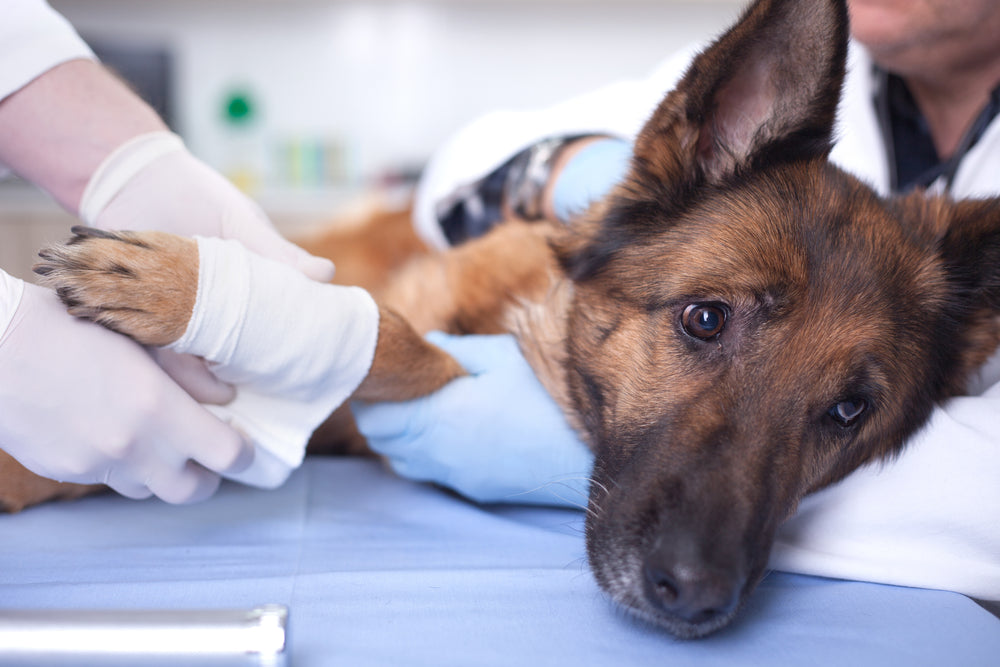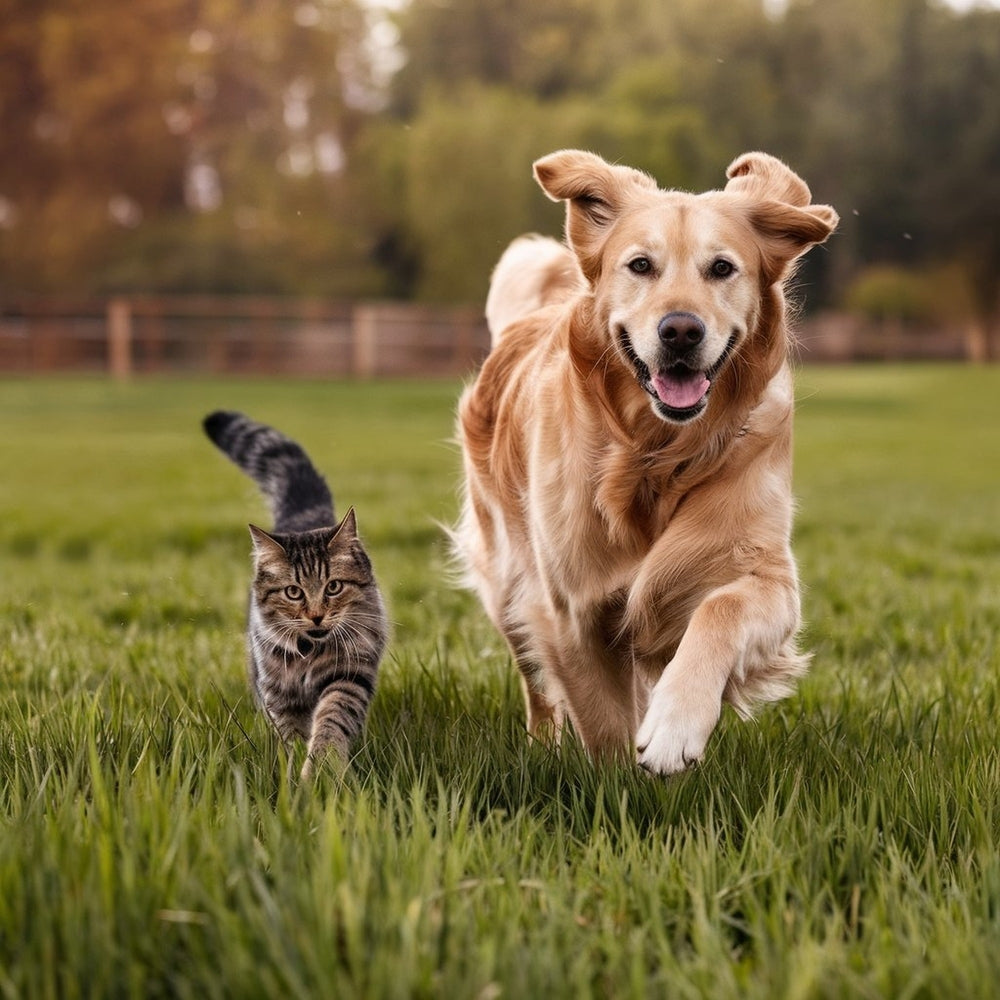Is your furry friend a big shedder? The shed-free type? Sensitive to weather change? Struggling with allergies? No matter the scenario, it is important you take care of your pet’s coat or lack thereof.
How frequently do they need to be brushed, bathed, and groomed are the important questions you may have. Let’s explore for both cats and dogs what a typical hair care routine might look like.
How frequently should you brush?
Brushing your pet’s hair can help mitigate the impact of allergens on their skin and distribute their skin oils to keep their coat nice and healthy. Brushing is also a great way to check if everything looks okay – make sure no fleas have found a home in your pet!
For both cats and dogs, it is a good rule of thumb to brush your pet’s hair at least weekly. Those with long hair should be brushed daily, if possible. Did you know brushing your pet’s coat promotes healthy blood circulation and can positively impact their lymphatic system?
A bonus for you: brushing your dog’s hair can help reduce shedding. Especially if you have a family member or visitor with pet and environmental allergies, brushing can help out. Who doesn't want less hair to clean up?
How frequently should you bathe?
You may be familiar with cats' self sufficiency when it comes to their bathing routine. For the most part, there is typically no need to bathe your cat. If your cat struggles to groom themselves though, this may be a reason for human intervention.
Some cats struggle medically due to obesity or arthritis. Usually in these cases, a good brushing will cover your bases. If your furry friend has a medical condition like a fungal infection or allergies, a bath might be a treatment option.
Cat-bathing can be a particularly stressful activity and can cause lasting trauma on the feline. According to When You Should – and Shouldn’t – Give your Cat a Bath, you should be really confident in your ability to bathe your feline before you do so.
What about hairless cats? Interestingly enough, the sphynx does need a bath once every two weeks. This is because “there are known genetic conditions that cause them to produce and secrete an excess amount of skin oil.” They are at risk of debris buildup and skin infections.
What about dogs?

Among dogs there is a lot of variety in bathing needs based on their breed and their coat type. Your pet may need more attention on brushing than bathing. It is a good rule of thumb to research the needs of your specific breed.
According to How Often Should You Bathe Your Dog?, dog odors tend to be more obvious in the summer versus winter months. Your dog may need more frequent bathing in the summer, especially if they are a swimmer, than they would in the winter months.
Bathing in the winter should be done with a moisturizing shampoo due to the dryer time. Ultimately, though, your pet’s level of dirt and grime as well as their hair and breed type should be the determining factors of frequency.
What about grooming?
How should you decide whether or not your pet needs to be groomed professionally?
Here are 7 Signs That Your Pet Needs to be Groomed:
- Unpleasant Odor and Dirty Fur
- Tangled or Matted Fur
- Overgrown Nails
- Excessive Shedding
- Skin Irritations and Infections
- Change in Behavior or Mood
- Decreased Mobility or Discomfort
For the last few signs, your pet may show signs of discomfort – so it is important to be in tune with them. Furthermore, if you struggle with bathing your furry friend, whether due to lack of resources, your own challenges, or a discomfort among you and your pet, these are all valid reasons to get a professional involved.
For cats, it may not be very common to groom your cat. Some cats with difficult hair may need attention, though. There is no rule of thumb around deciding whether to prune your pet yourself or not. It ultimately comes down to you and your furry baby’s circumstances.
Other Considerations
It is no secret that the health of your pet’s coat and skin is impacted by diet. Just like us humans, “diets rich in omega-3 fatty acids, protein, vitamins, and minerals help to care for your pet's skin and coat” (The Importance of Your Pet's Skin and Coat and the Role of Nutrition).
Interestingly, “pet hair is mostly composed of protein. Up to 35% of a dog’s daily protein intake is used to maintain skin and coat.” Just like us humans, protein is crucial to your pet’s diet for so many reasons!
Keeping a Clean Space
In addition to caring for your pet, it is important to care for you and your pet’s space. Regular cleaning of their bedding and vacuuming of any furniture they occupy among other standard cleaning practices will help them keep their fur clean and as allergen-free as possible.
Ultimately, like most things, it is important to find what works for you and your furry friend. Maybe your dog does just fine with an annual bath! Dogs’ needs can be diverse just like us humans! Of course, be sure to ask your vet for their take, too!



